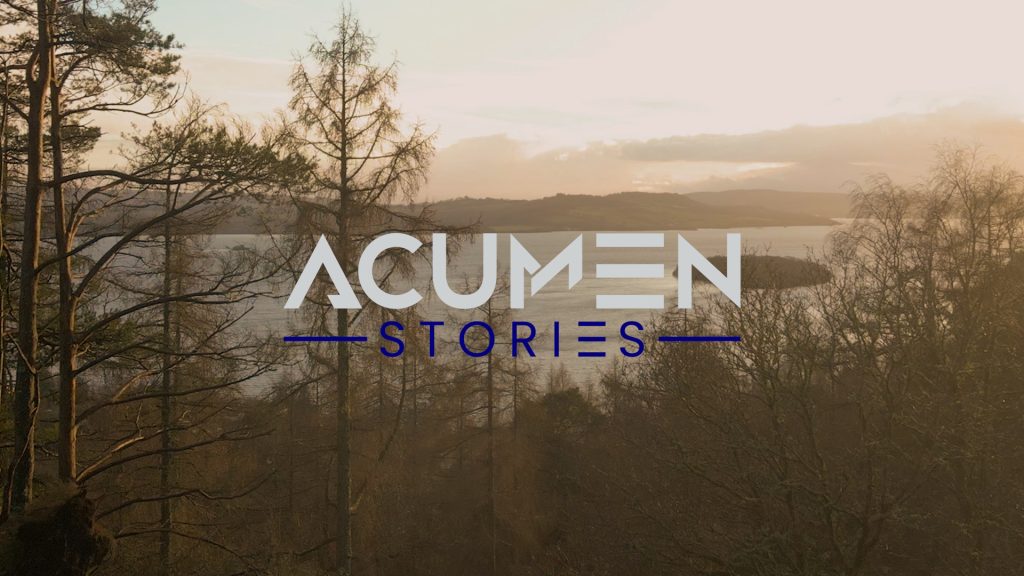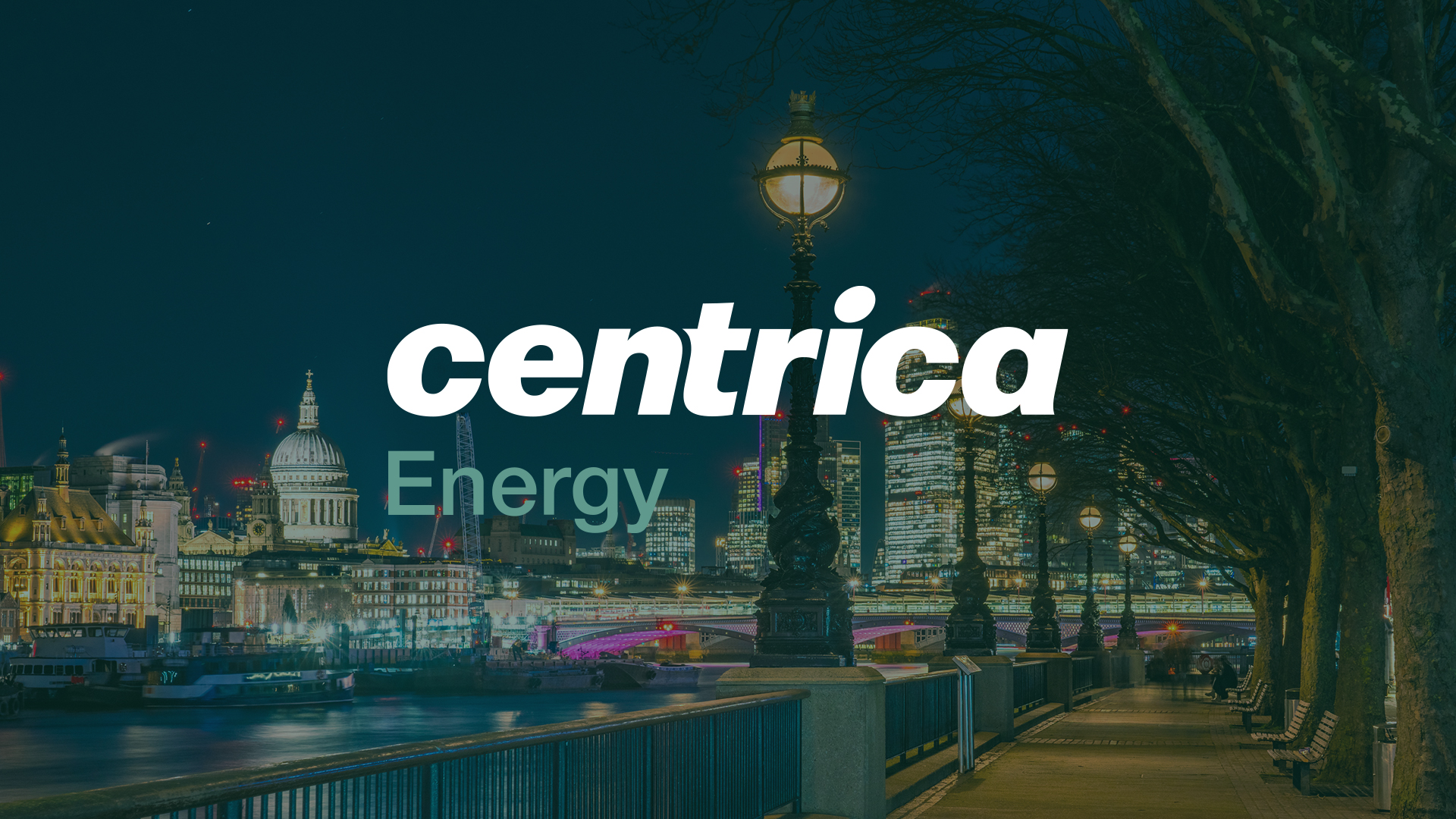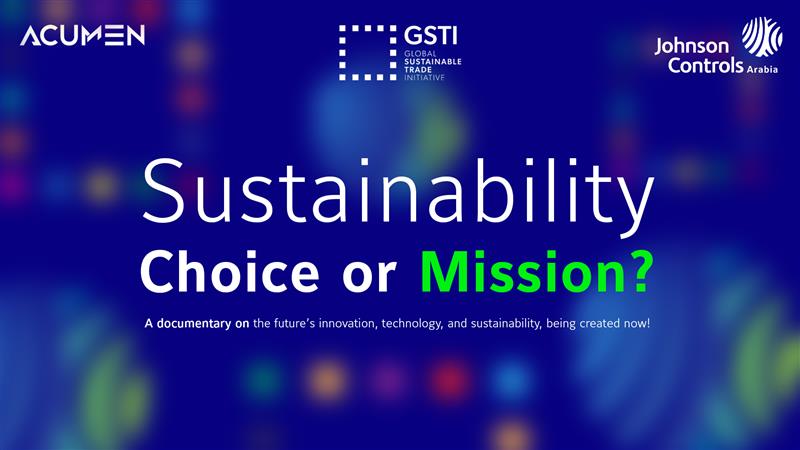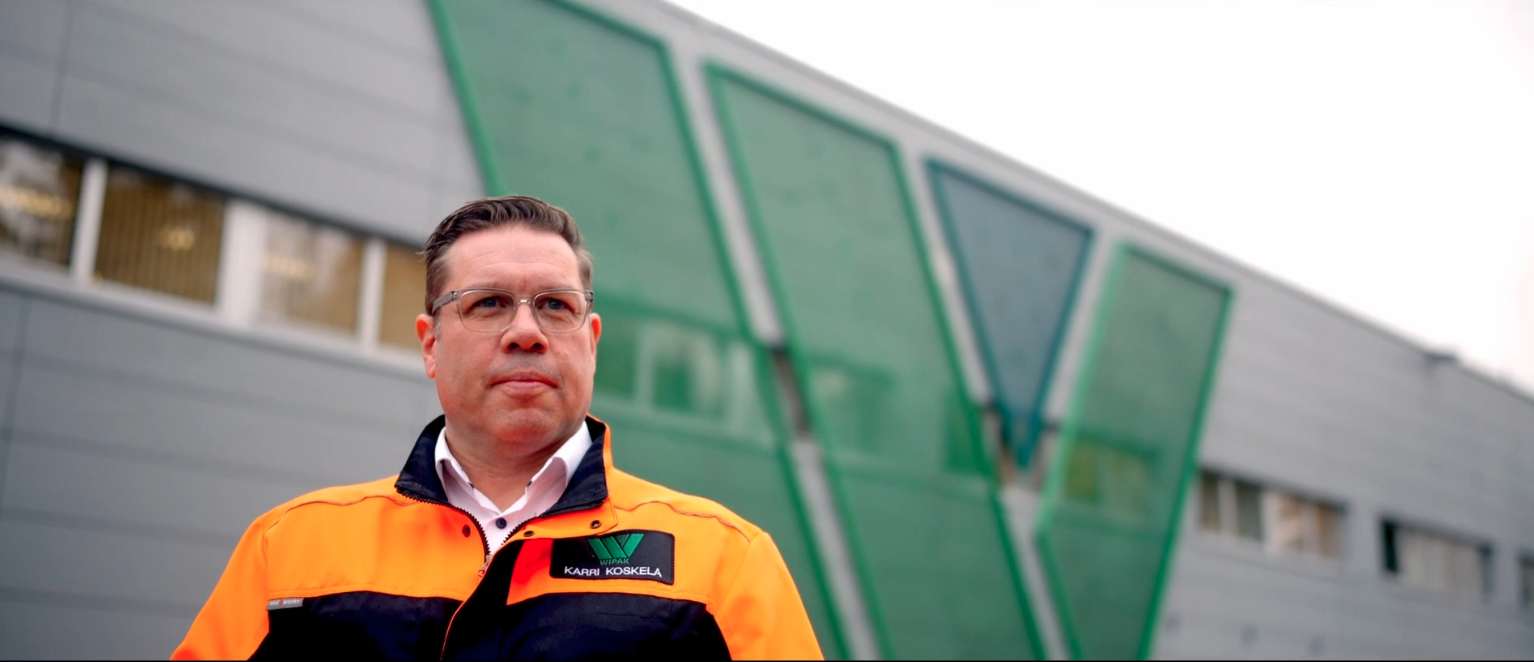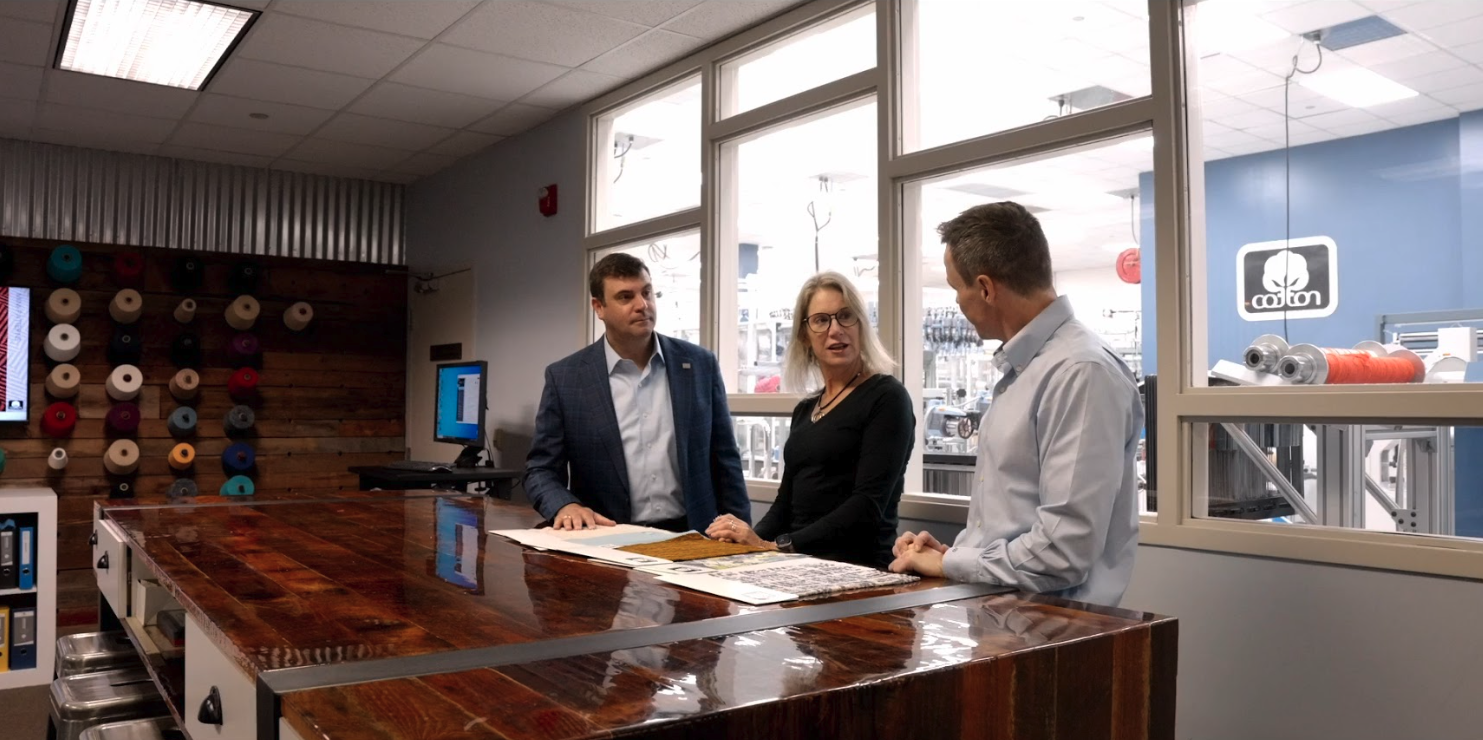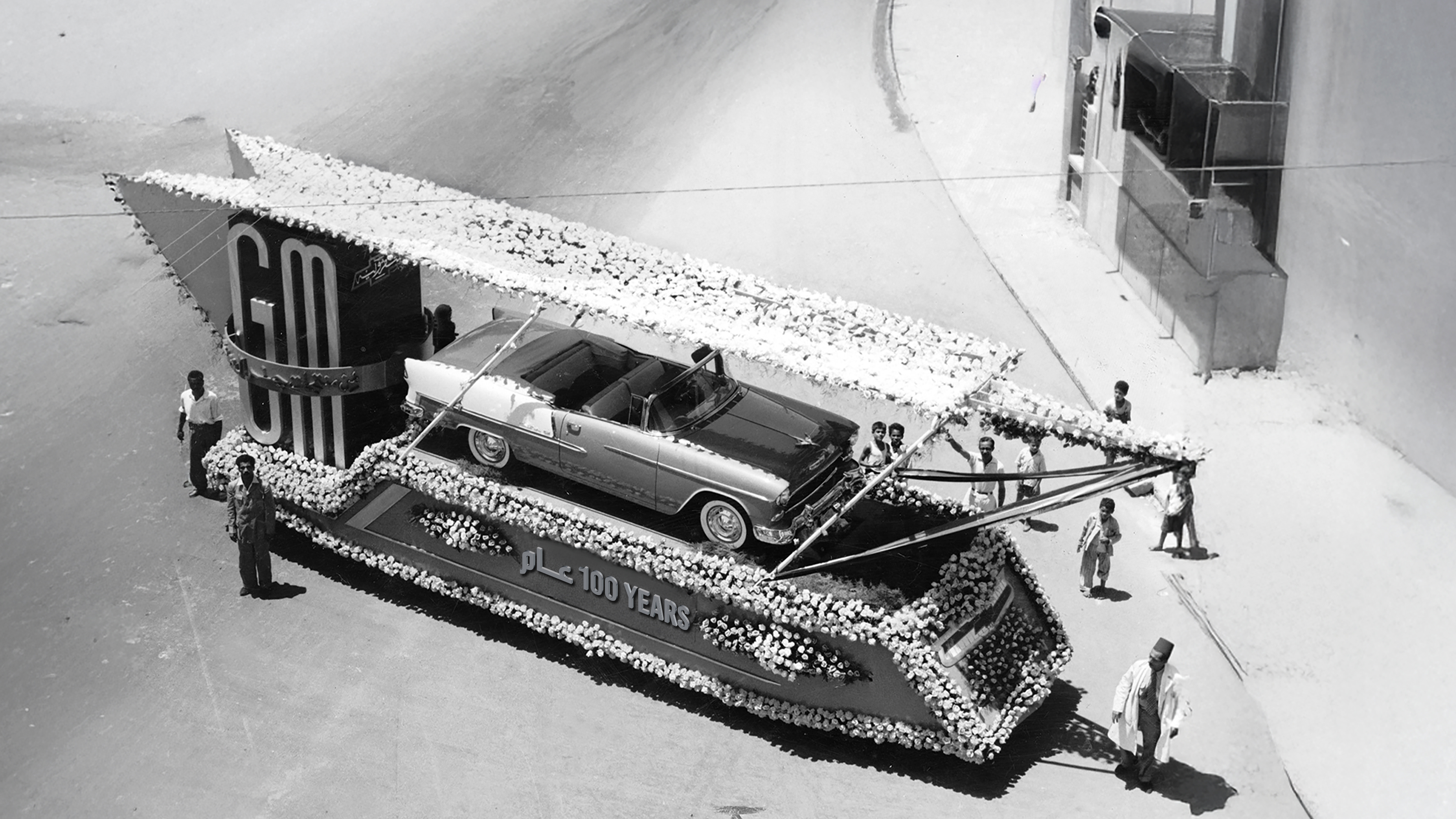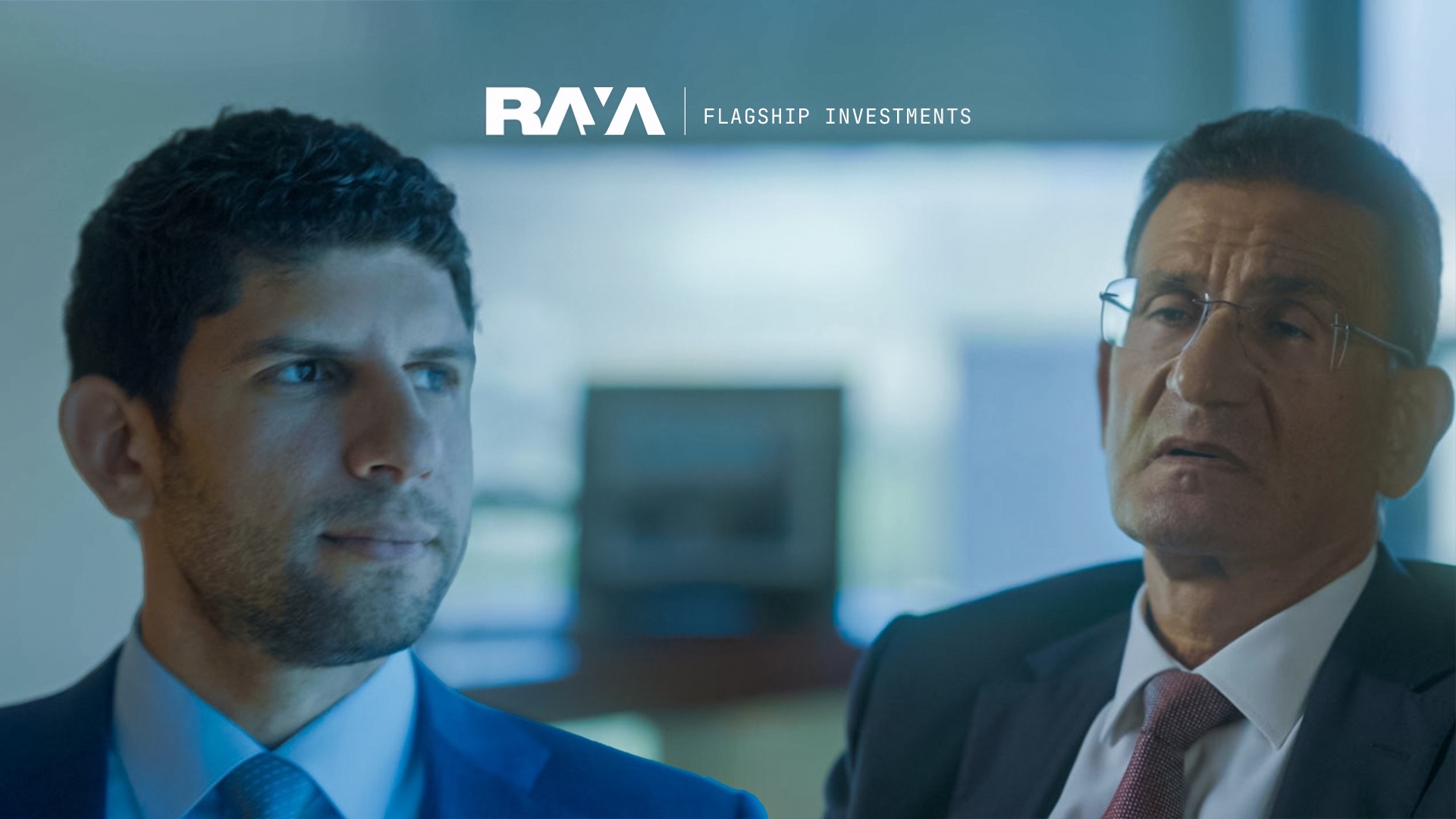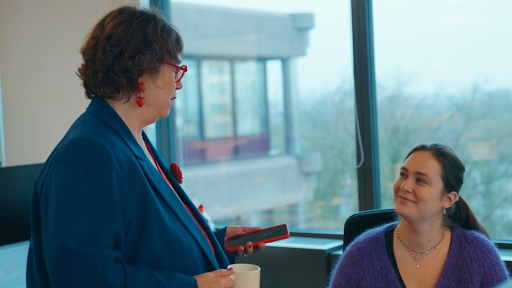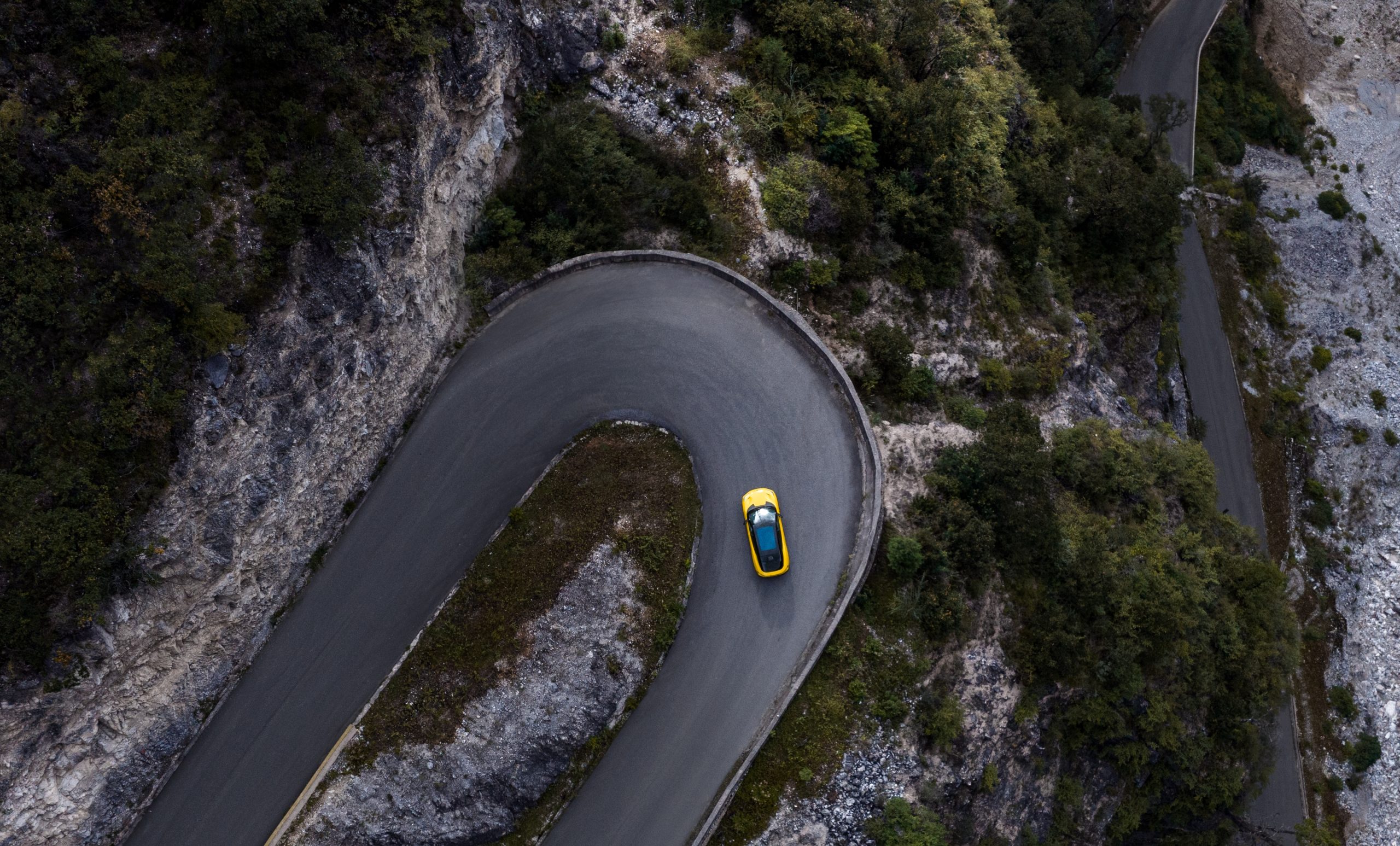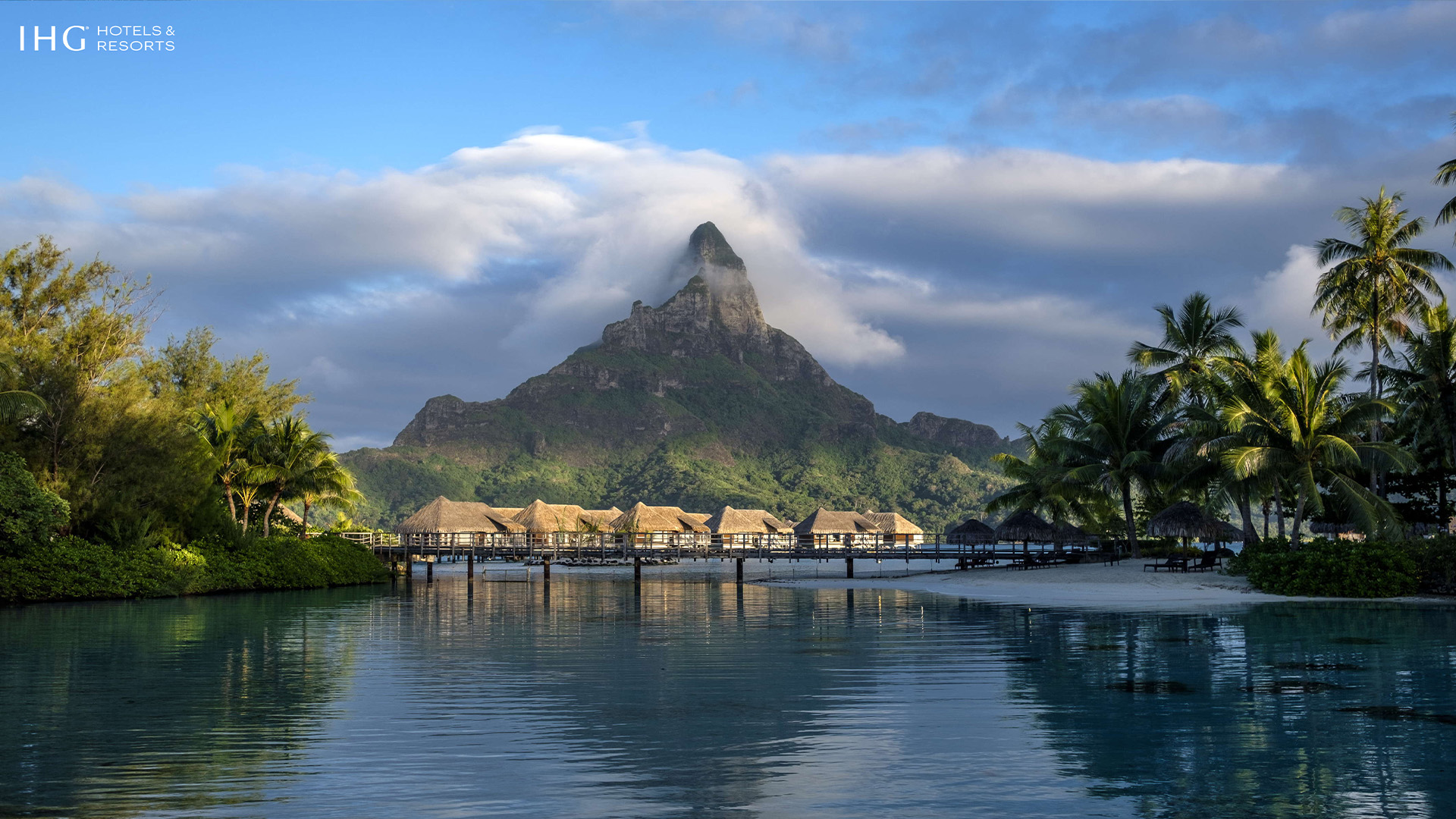Climate-KIC’s Ambition for a Brighter Future
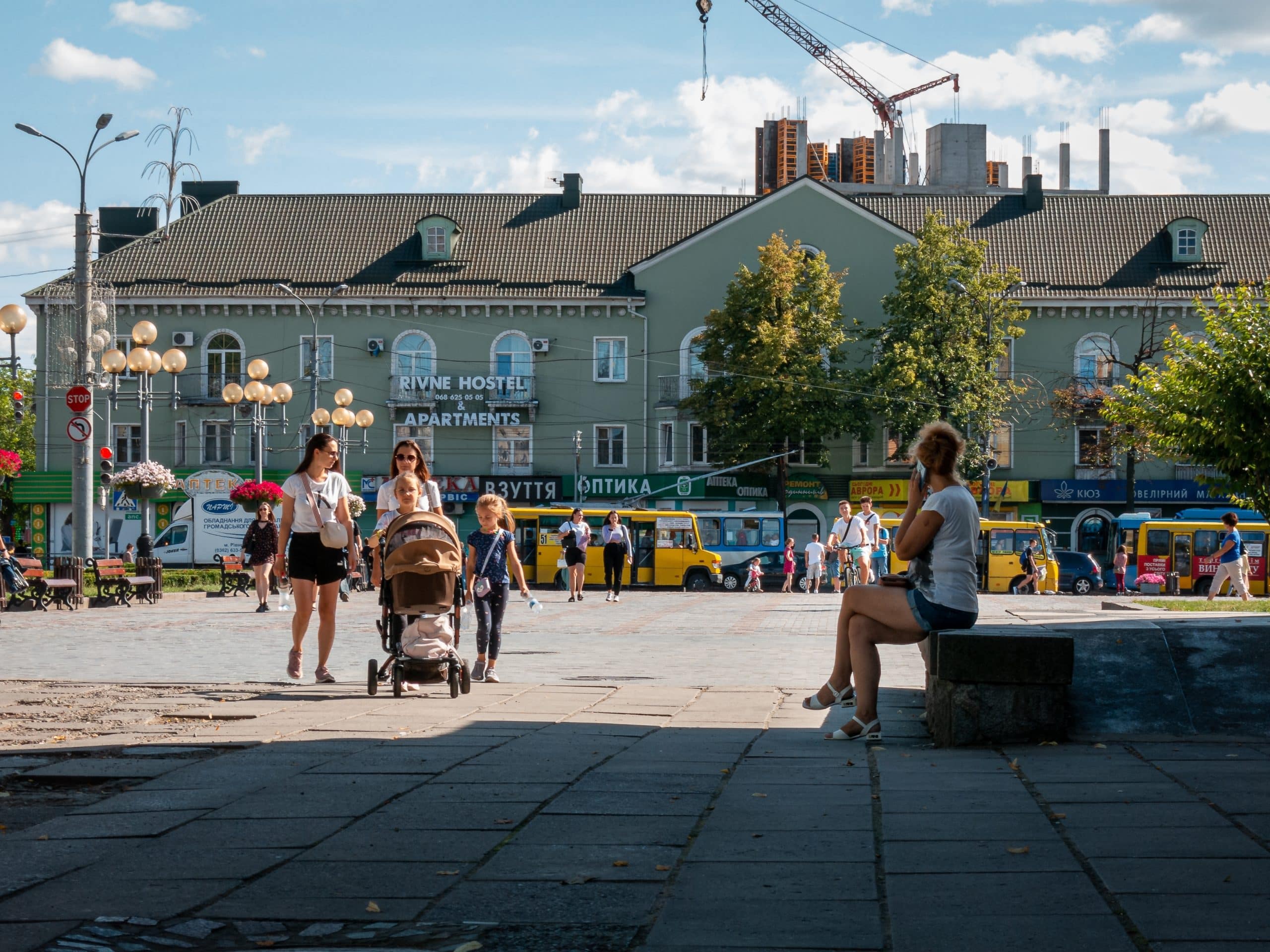
Amidst the challenges of war, Rivne, Ukraine, joined the EU Mission project NetZeroCities to achieve its ambition of a greener future.
For over two years, Ukraine has faced relentless attacks by Russia. Meanwhile, it is on track to begin its journey toward European Union membership. Against this uncertain backdrop, visionary leaders in Rivne have set their sights high. They are working to become a role model of sustainability and provide inspiration not only in Ukraine but globally.
Rivne is already ahead of many European cities, with solar panels installed on its public hospitals and ongoing building retrofitting projects. But now, the city has taken further steps toward a green future by becoming the only Ukrainian city selected by the European Commission to participate in the EU Cities Mission NetZeroCities programme, led by EIT Climate-KIC.
Rivne’s efforts to reach climate neutrality is an example of Ukraine’s ambition to reduce its carbon footprint, while providing a crucial means of breaking free from its dependency on Russian energy.
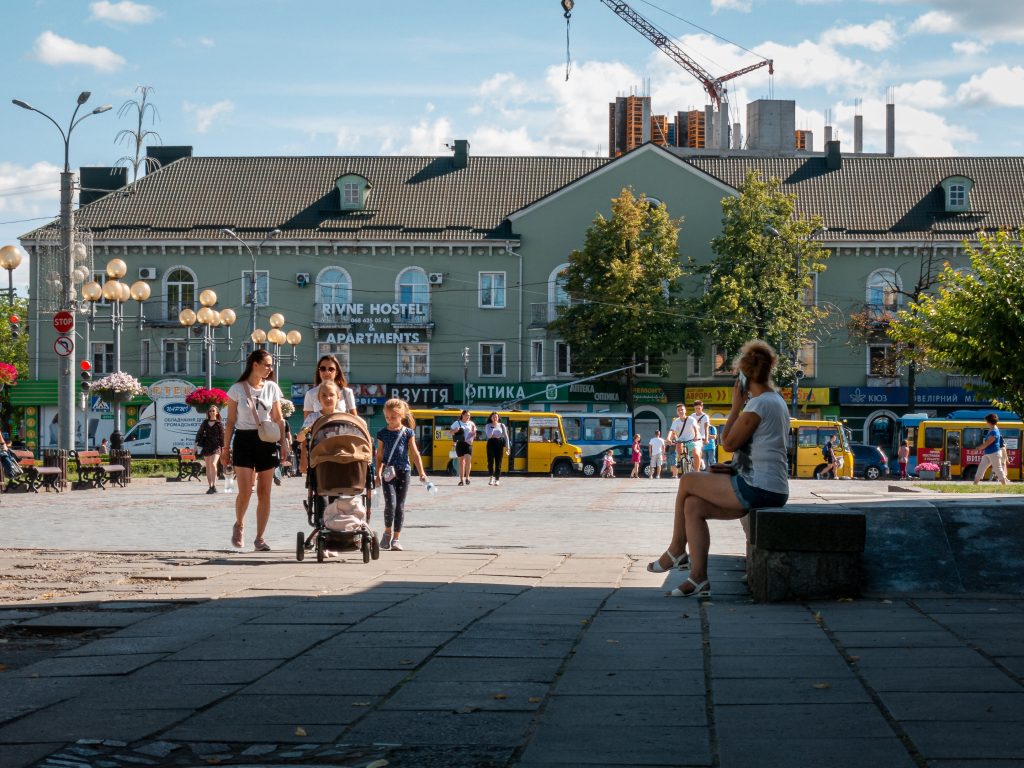
“The full-scale invasion, which started in February 2022, uncovered several problems which have not been resolved since 2014, probably due to the lack of time. This includes the energy dependence on the state aggressor. Our energy system was connected to Russia and Belarus. Now it is not. Our gas transportation has been and remains connected as well. But we no longer purchase gas from them. The fact that all our technologies and heating systems in their vast majority involved the use of
natural gas imported from the Russian Federation has always been and remains a significant problem for Ukraine. Therefore, now is the proper time to implement technologies that will make us energy-independent from Russia. And allow us to save,” says Artem Hanuschak, Deputy Mayor of Rivne.
The challenges to Rivne’s ambition
No city in Europe finds the journey to carbon neutrality easy. There are political and institutional barriers to overcome, technological and innovation gaps to bridge, infrastructure challenges to address, financial and human resources constraints, and a lack of comprehensive data to work with. But with the war still raging in Ukraine, Rivne is confronted with these challenges on an exponential scale.
The city is now working on overcoming these barriers through the NetZeroCities programme, with the support of EIT Climate-KIC. Its ‘Municipal Energy Passport’ Pilot will improve the collection and integration of energy data to model climate neutrality planning. Its newly opened local branch of the National Decarbonisation Centre will gather information on regional energy efficiency projects. Rivne is also tackling its shortage of skilled professionals, who have been mobilised for the war, by training building managers, public institutions and students on renewable energy usage and energy efficiency measures.
By undertaking these initiatives, Rivne is building a safer, greener, more beautiful future and bringing hope to a community striving to work, live and raise their children in an uncertain environment.
EIT Climate-KIC’s CEO, Kirsten Dunlop, concludes: “The courage to try creates the possibility for achieving something positive because it builds hope, it creates precedent, it gives people examples, it opens up a set of doors. Our work is to create a space where the suspension of disbelief is irresistible, it starts to become contagious, and people really do begin to try new things and take hope and courage and inspiration and joy from that.”

